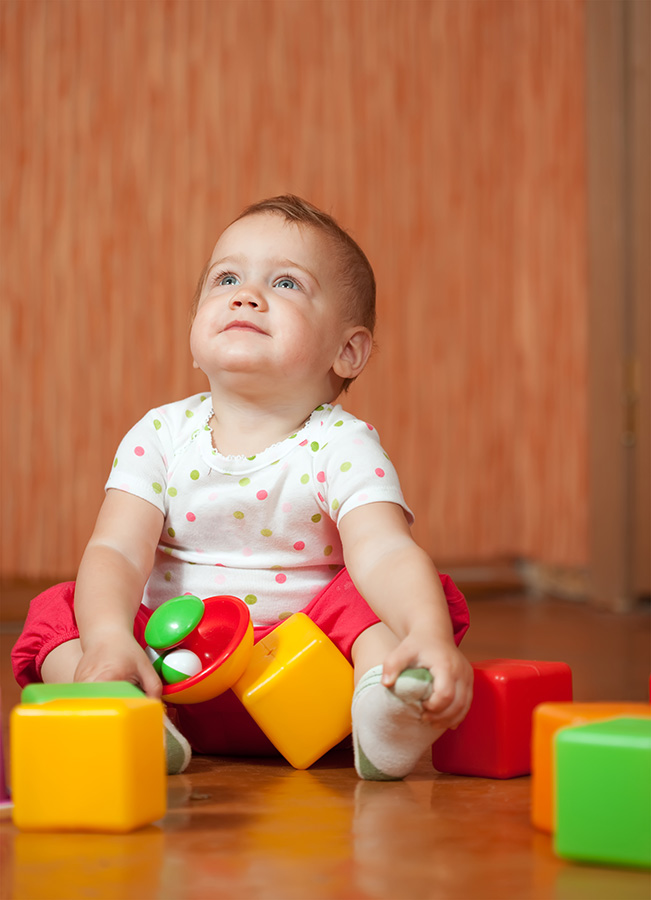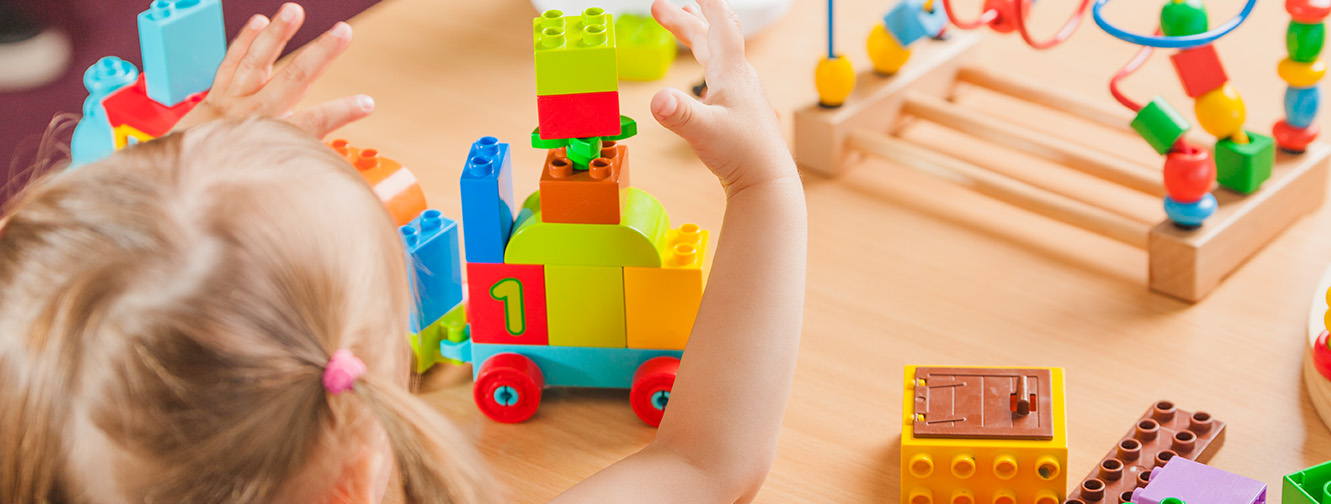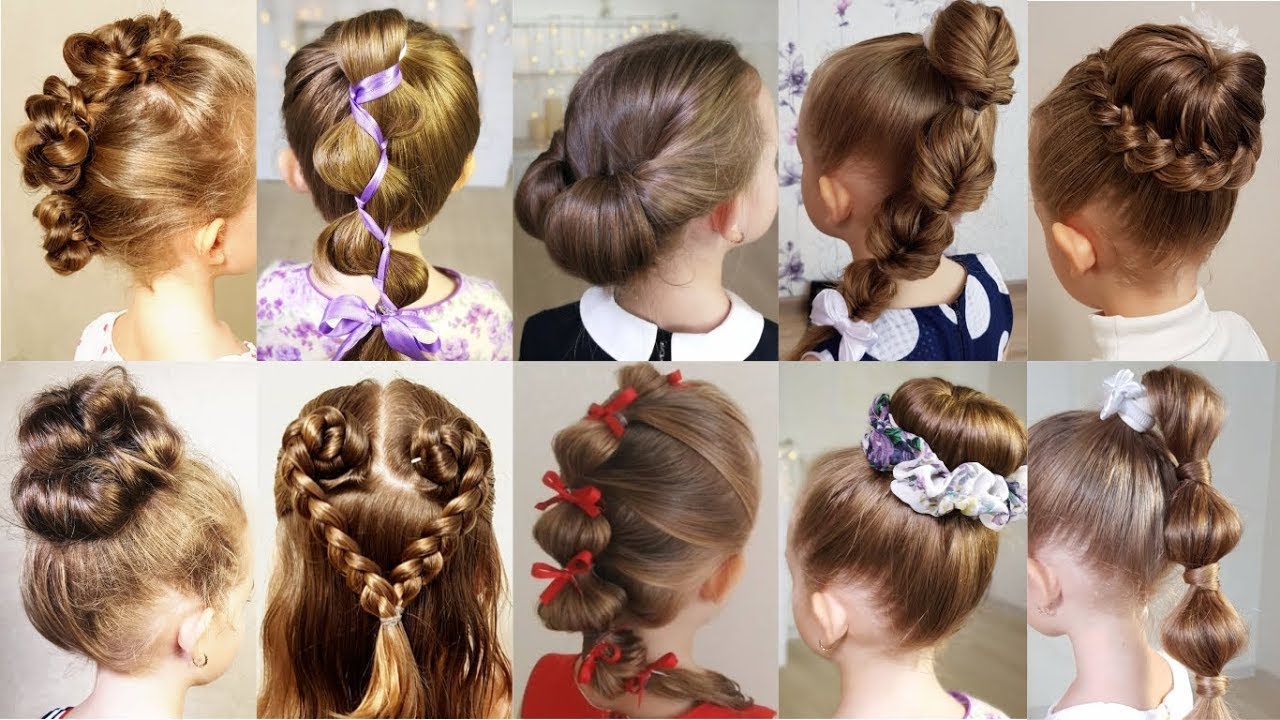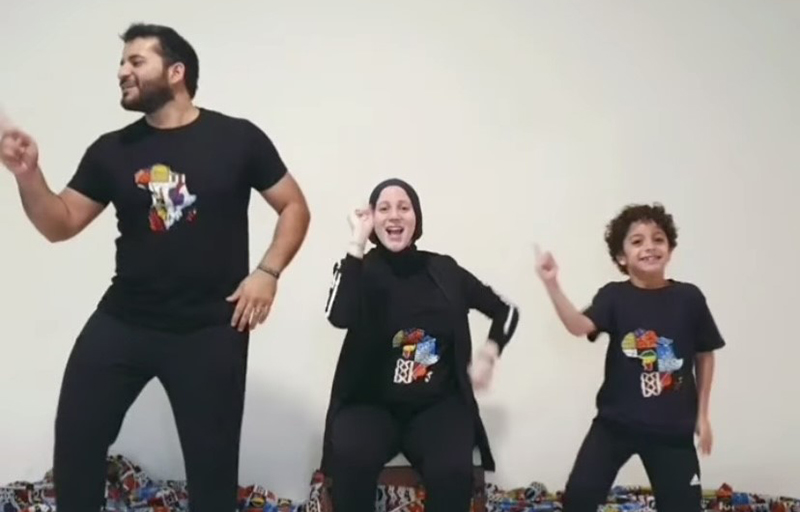Children 6-11 Years
Why does my kid struggle with friendship?

It’s really heartbreaking when your kid comes and say “no one loves me at school, they don’t want to play with me, I am lonely” sometimes you might feel you want to go and force kids to play with your child, or you might think of talking to the teacher, or you might even think to change the school.
Calm down and relax, first thing to know is that most of the kids struggle with friendship at a certain stage, with some support from your side and efforts from your child, this will be solved and your child will be settled with the right friend.
So first question, why is that happening?? Why my child is not having friends? Many factors might appear here:
- Your child might be shy, lacking the social and communication skills that will help him mingle and interact with other children. Or might be bossy and wants to do it his own way all the time.
- Your child might be focusing on a special group or a special child that he is aiming to be friends with, while this child or group do not notice and share this interest.
- You need to ask yourself if you are role modeling friendship to your child? Are you encouraging him to have friends or you keep asking him to take care as some friends might be mean.
These are the most common factors that are not helping your child to find and settle with a friend.
So what do we do in this case:
1. Listen to your child and validate his feelings without blaming or interfering.
Blaming your child might worsen the situation, and put himself in deeper struggle with his feelings, you should validate his feelings by saying” I know how do you feel, that’s not easy at all, it’s nice to have a friend at school, but you know it’s normal to go through this many children went through that till they found their right peers” don’t jump for a solution, offer an open heart and listening ears.
2. Try to watch your child’s socializing behavior with the surrounding kids like family and neighbors
try to understand his style, his ability to socialize, if you found him struggling with that, then you need to encourage him to change this behavior, not by criticizing but by an open discussion, your child needs to believe in himself that he can be loved and accepted by others, also he needs to know that his peers are of the same age and level so no need to feel shy.
That won’t be resolved in a day and night so you need to be patient and keep showing love and empathy.
3. Discuss with your child which friend or friends he wants to be with? And why?
Maybe he is selecting friends that won’t match his style, don’t discourage him, but ask him about other kids that might be a good match with him. Choose three children, talk to the teacher to know who might be the best option, get the teacher’s support to bring them together, by working together on a project, or sit next to each other in the classroom.
4. Don’t criticize or dislike the other kids
On the contrary, let him feel that all kids are good, but friendship is about mutual interests and agreement. And if the other kids are not his best friends they are still his classmates and he has to deal with them in a friendly way.
5. When you find the right friend, promote this friendship
Invite for a play date, encourage your child to talk more to him, check the mutual interests of both children and focus on that. Keep encouraging him, boosting his confidence and praise him.
6. If you had past experience about friendship, don’t try to influence it on your own children
Let them live their own experience and be open to friends. Many kids were told by parents to take care of mean friends, that creates a barrier between him and the other children and the children will feel his avoidance.
I have seen this case, and once the mum changed her behavior and stopped her own fears, her child was relaxed and was accepted by other children.
7. When your child finds the right friend, move ahead
Don’t keep asking if he is happy with this friend, act normally and don’t let him rethink it.
8. You might think of some activities that might boost his confidence
Teach him how to be part of a group and accept the differences.
Remember always your child needs one good friend, Then together they can build a bigger circle of friends, so don’t push and leave it for the right time.














